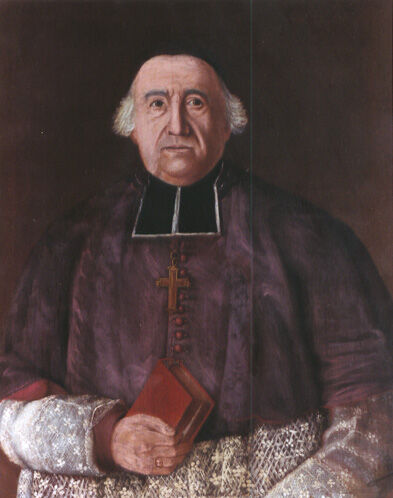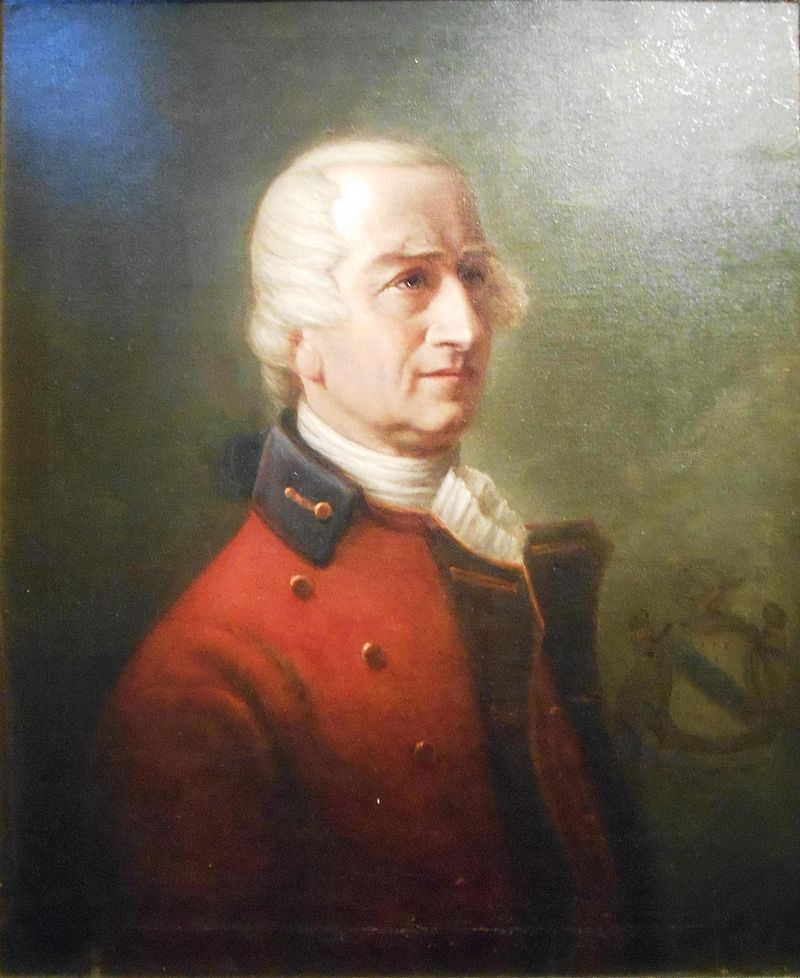Following the War of the Conquest, protest movements began to take shape within the various interest groups that made up society in the Province of Quebec. They sent numerous petitions to Great Britain to transmit their demands to the King.
The concessions granted to Canadiens by Governor Murray were not well received by most British in the Province of Quebec. Two lobby groups were formed: the French Party and the British Party.
| | French Party | British Party |
|---|---|---|
| Composition |
|
|
| Attitude towards Canadiens |
|
|
Following their arrival in the Province of Quebec, the British merchants and colonists from the Thirteen Colonies realized that the colony was not in fact administered like a British colony, given Governor Murray’s conciliatory attitude towards the Canadiens. These merchants and colonists decided to unite to form the British Party. They demanded that the laws in force in the colony be strictly English and that the English law of habeas corpus be enforced. They also demanded that a Legislative Assembly be created exclusively for Protestants and that the Catholic religion and the seigneurial system be abolished in the colony.
The French Party, mainly comprised of colonial administrators and Canadien legislative representatives, opposed the British Party and supported Governor Murray’s decisions.
Murray’s conciliatory attitude obviously pleased the Canadiens. However, the Test Act, which had been enforced since the Royal Proclamation, prevented them from gaining access to administrative positions within the colony. Thus, they wanted this oath to be abolished. They also wanted the official reinstatement of French civil laws.
Despite the prohibition against appointing a new bishop, as decreed in the Royal Proclamation, Governor Murray granted the appointment of a new bishop in 1766.

This concession ensured the Catholic Church’s survival in New France and sealed the collaboration between the clergy and the British authorities. The clergy also reminded the Canadiens that they must remain loyal to the new mother country of Great Britain.
Nonetheless, the clergy demanded that the tithe (Church tax) be reinstated so the Church could survive and provide its services to the Canadiens.
Numerous petitions were sent to Great Britain with various demands. For example, members of the British Party sent a petition contesting Murray’s permission for certain Catholics to serve as members of a jury.
A member of the jury is a citizen called through a lottery system to be on a jury. In criminal proceedings, the jury must decide whether the accused is guilty or innocent.
In response, some Canadiens also sent a petition to show that Catholic Francophone Canadiens needed to be on juries. They also demanded the right to participate in government and access the King’s orders in the French language. Canadiens also sent petitions to the King to ensure that Governor Murray’s concessions would remain in place.

The British Party’s petitions also related to creating a Legislative Assembly exclusively for Protestants, prohibiting the practice of the Catholic religion in the colony and abolishing new taxes on trade imposed by the mother country. The British Party also sent petitions to demand the removal of Governor Murray who it felt was too conciliatory. They succeeded in this objective and Murray was recalled to Great Britain in 1766. However, his successor, Guy Carleton, was just as open to the demands of the Canadiens.